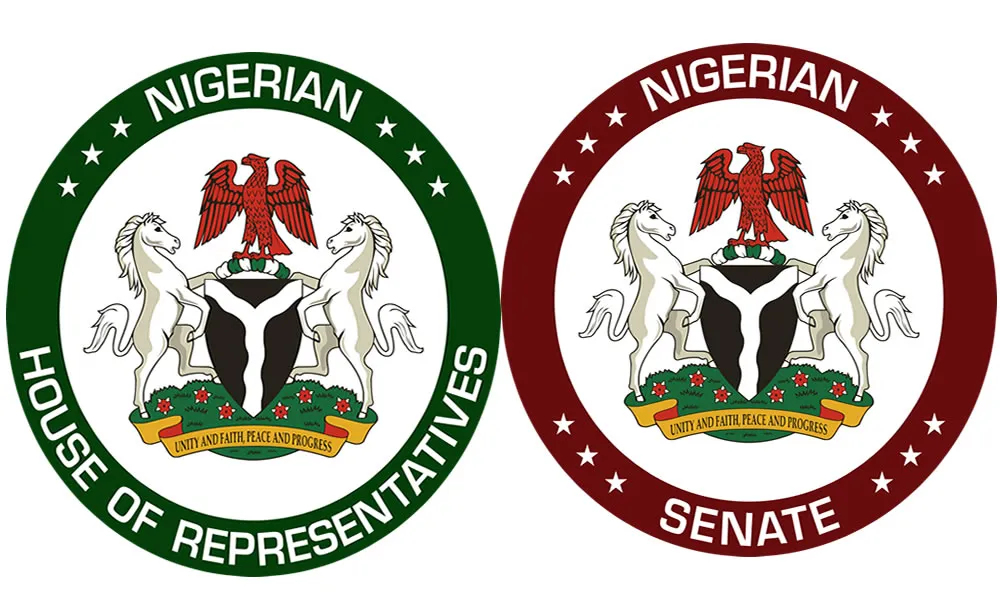The National Assembly has granted complete financial and administrative autonomy to all 774 local council authorities in Nigeria by amending section 124 of the nation’s constitution. This significant decision aims to establish local councils as a full third-tier government with minimal interference from state governments.
The amendment, one of 22 others approved by the House of Representatives last week, received ratification by the Senate on Tuesday. Following a conference committee’s harmonisation of versions from both chambers last month, the National Assembly has now officially ratified all 23 clauses and sections that were amended.
The revised document will be forwarded to the State Houses of Assembly for approval. Notable changes include the creation of the Office of Auditor General of the Local Government and the State Local Government Service Commission. Additionally, the amendment removes the State Independent Electoral Commission (SIEC) from the constitution, transferring the authority to conduct council elections to the Independent National Electoral Commission (INEC).
While maintaining the immunity clause for the President and Governors, the National Assembly adopted the Senate version of the amendments on this matter. The House of Representatives’ version, which sought to remove the immunity clause, was rejected.
In a move towards more inclusive elections, the National Assembly has also made provisions for independent candidature in future Nigerian elections by amending sections 65 and 106 of the 1999 constitution.
This groundbreaking decision signifies a pivotal moment in Nigeria’s governance structure, providing local governments with greater autonomy and reshaping the electoral landscape with the involvement of INEC in overseeing local government elections.
The amendments showcase the National Assembly’s commitment to fostering a more democratic and inclusive political environment in the country.



